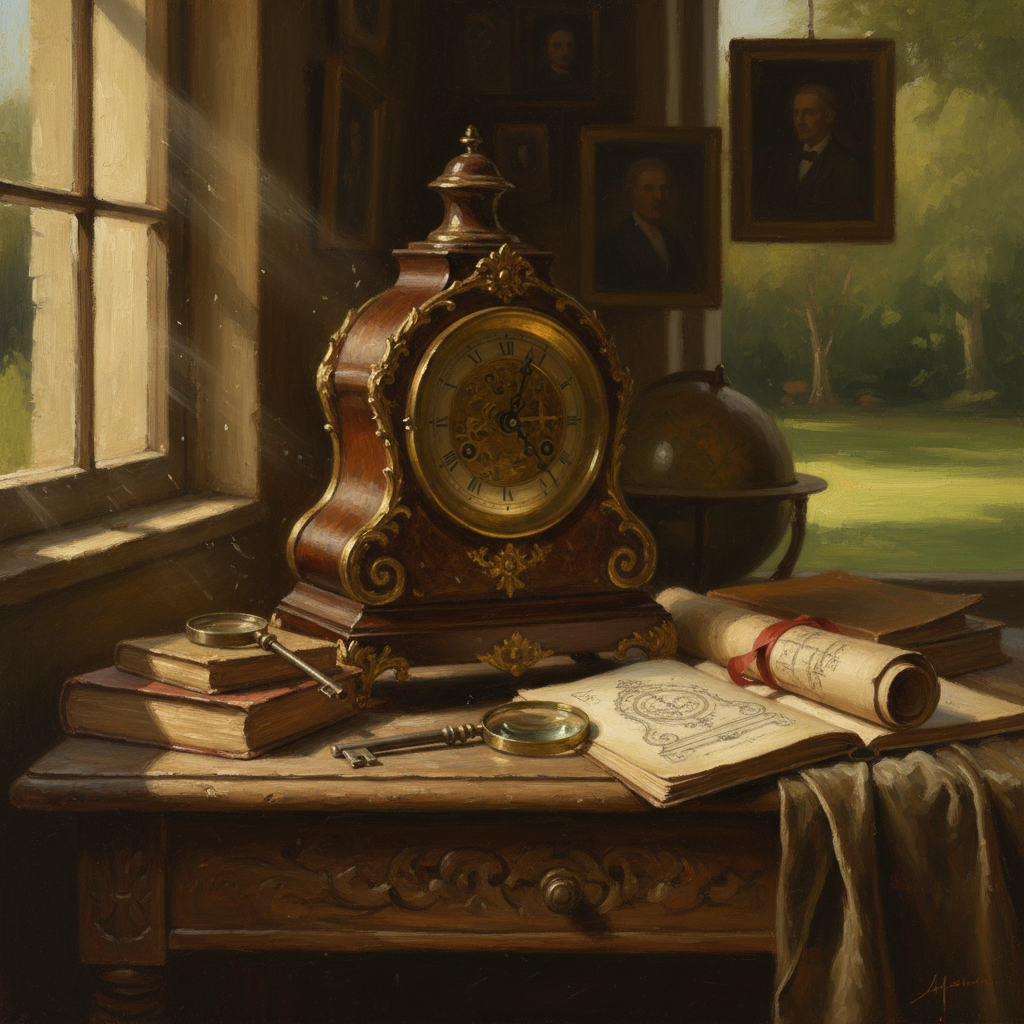The Lost Journal of Manna Rich Ariail: Threads of a Forgotten Tale
In the dim glow of a New England attic, awash in the scent of aged paper and cedar, lay a journal—an unassuming relic that cradled the whispers of generations past. Manna Rich Ariail’s journal, neglected for decades, was a mosaic of scrawled thoughts and structured correspondence. It had been passed down like a sacred heirloom, its pages offering a window into a world forgotten by time.
The journal was discovered by young Thomas Ariail, whose curiosity for family lore surpassed even the keen-tongued tales spun by his grandfather at the hearthside. With eager hands, he opened the cover, setting loose the aroma of history interwoven with the musk of personal revelation.
Within its pages, Manna Rich Ariail penned a narrative that oscillated between the personal and the professional, capturing the rhythms of a life lived amidst the burgeoning tapestry of early America. His entries revealed a man of dualities—meticulous in business, yet generous in spirit, a man whose ties to his sisters, Delia and Sabra Maty, were as binding as any contract.
Manna’s correspondence with Delia, sheltered in the bustling colonies of Massachusetts, unfolded tales of commercial ventures and hopes anchored to the promise of a new land. His words resonated with the pulse of ambition, the ink barely dry before enveloped in pressing news of trade routes and deals struck under the watchful eyes of the Atlantic’s boundless horizon.
Yet, it was Manna’s letters to Sabra Maty that pulsed with an urgency unlike the others. Sabra, a woman of resilience, had traversed the southern expanses to Louisiana, her own dreams taking root amidst the cypress and Spanish moss. Her letters to Manna were imbued with longing, painted with broad strokes of homesickness that only a distant land could inspire.
The correspondence took a poignant turn when Sabra shared tales of a peculiar Louisiana court case, an episode as humorous as it was revealing. In one letter, she detailed her role as witness in a dispute over the ownership of a prized rooster—a case that had captivated the local community with its absurdity. Manna’s replies, peppered with dry wit and laughter-lines, captured the endearing bond of siblings separated by circumstance but united in spirit.
It was these personal letters, brimming with the mundane and the extraordinary, that breathed life into the ink. Manna’s reflections on navigating familial ties against the backdrop of a shifting nation illuminated the intricacies of kinship, where distance imparted depth and the written word wove threads of connection.
As Thomas traced the fading loops of Manna’s handwriting, he lingered on passages that echoed with the voice of a man grappling with the ethics of entrepreneurship and family honor. The journal entry dated September 15, 1807, spoke of a storm that had battered the eastern coast, leaving ruin in its wake. Manna’s decision to redirect precious resources to aid a neighboring community in distress epitomized the family’s unyielding commitment to collective resilience.
The journal, with its delicate balance of commerce and camaraderie, had emerged as more than a chronicle of transactions; it was a testament to the Ariail family’s enduring legacy—a thread woven through time, tying past to present with unbreakable bonds of memory.
As Thomas tenderly closed the journal, the attic’s shadows deepened, casting a protective embrace over the history nestled within. Manna Rich Ariail’s words remained, etched into the heart of his descendants—a reminder that even in the pages of a forgotten journal, stories find their way back, waiting to be told anew.



